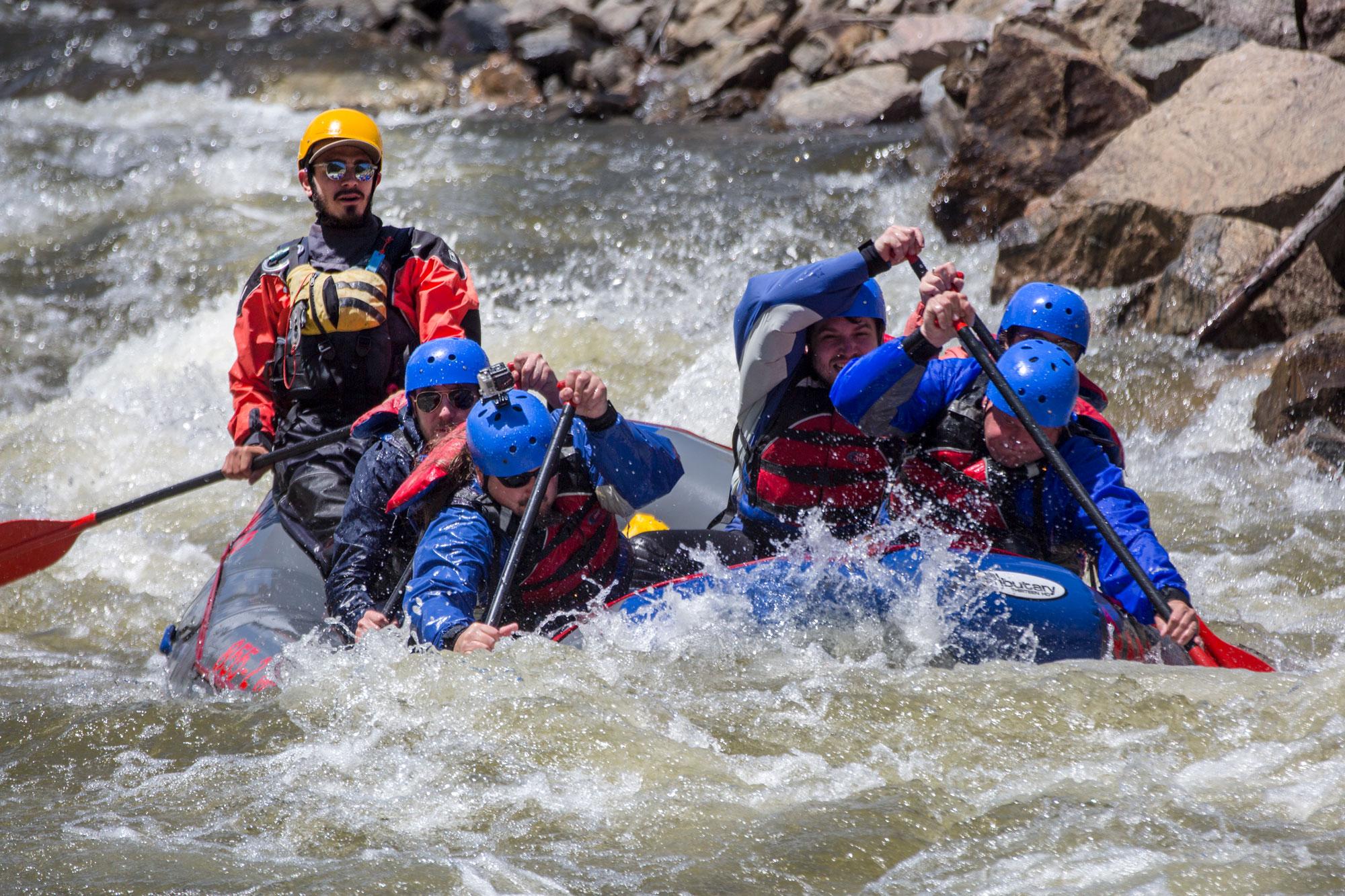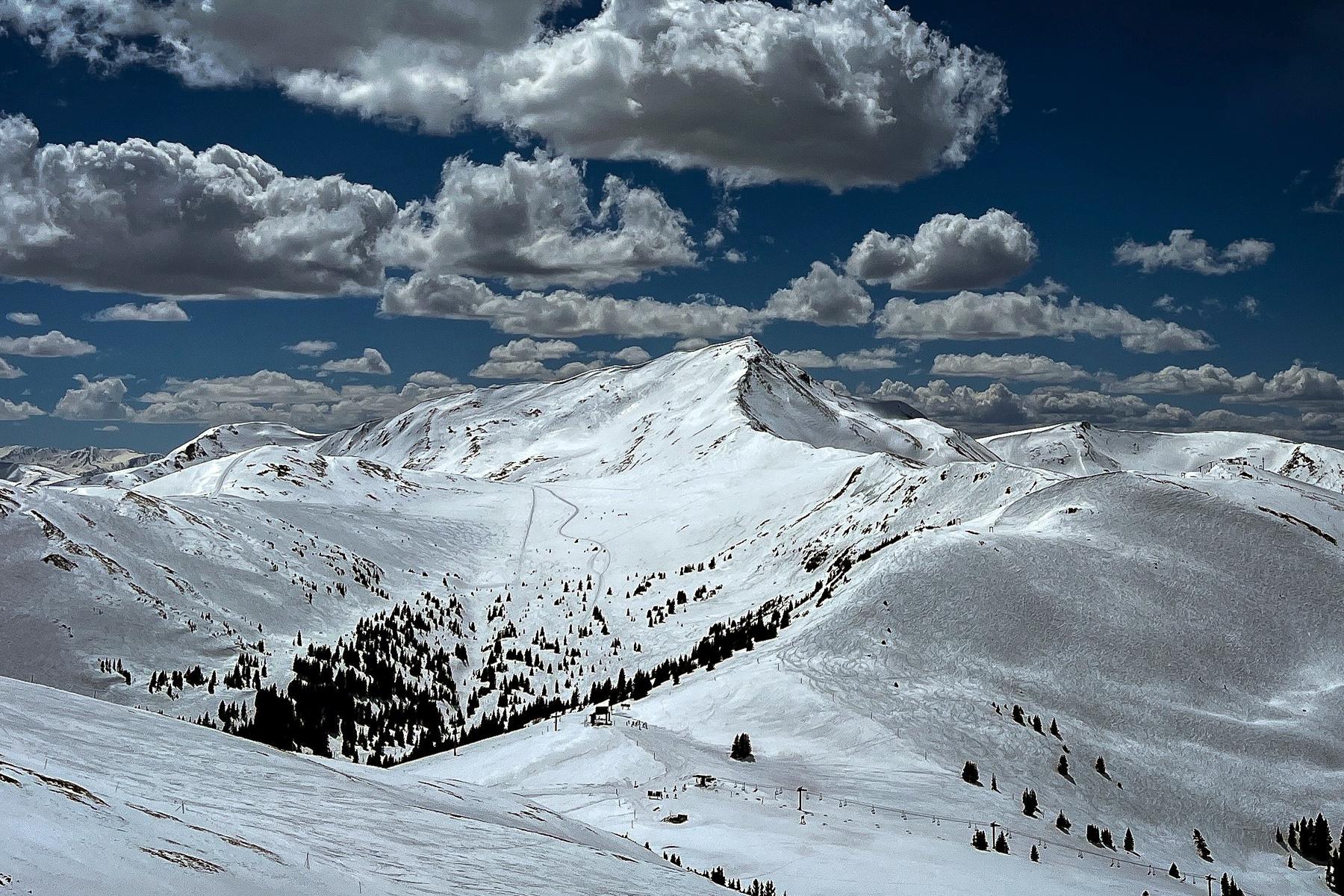
Southwestern lawmakers are working on legislation that would streamline the permitting process for rafting outfitters taking trips on Colorado’s federal lands.
State Rep. Diana DeGette introduced the legislation Tuesday with New Mexico Rep. Deb Haaland and Utah Rep. John Curtis. The legislation – Simplifying Outdoor Access for Recreation Act or SOAR – would make it easier and cheaper for outfitters to get permits.
“Our guides and outfitters are the heart and soul of Colorado’s outdoor recreation industry,” Degette said in a news release. “This bill would make it easier for them to get the permits they need to continue operating on the public lands in our state.”
Outfitters would be allowed to require their clients to sign a liability waiver, which the National Park Service does not currently allow. Ryan Brown, a spokesman for DeGette’s office, said giving guides the ability to use waivers would help control the cost of liability insurance.
The new legislation comes during a dangerous rafting season in Colorado.
At least 14 people have died on Colorado’s waterways so far this year. Despite most of the deaths in 2019 happening on private rafts, reports show that regulation of the commercial rafting industry has declined.
“DeGette’s bill doesn’t seek to lower the safety standards that guides are required to meet, it simply makes it easier for qualified and experienced guides to get the permits they need,” Brown said in an email. “Having more experienced guides out there – instead of having inexperienced adventure seekers trying to go it alone – will make many of these activities safer for everyone involved.”
Dave Costlow with the Colorado River Outfitters Association, which supports the legislation, said the new rules wouldn’t impact safety concerns one way or another.
“What a waiver should do, is it should inform the public of their assumption of risk,” he said. “We really don't want to take you on an activity and be liable for that and some of those things are out of our control.”
He said in some circumstances and depending on the outfitter, the act would cut costs.
“If you ran a stretch of river that went through the Bureau of Land Management area and then into the Forest Service area, you’d need two different permits. All the time to take to process them all gets expensive,” he said. “This would allow one of those groups just to take the lead on it and you really only have to do all the paperwork and maintain the paperwork with one agency.”









